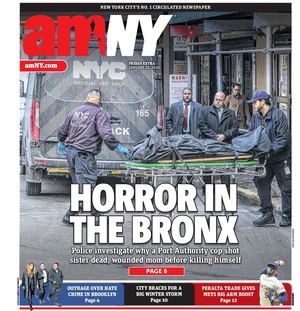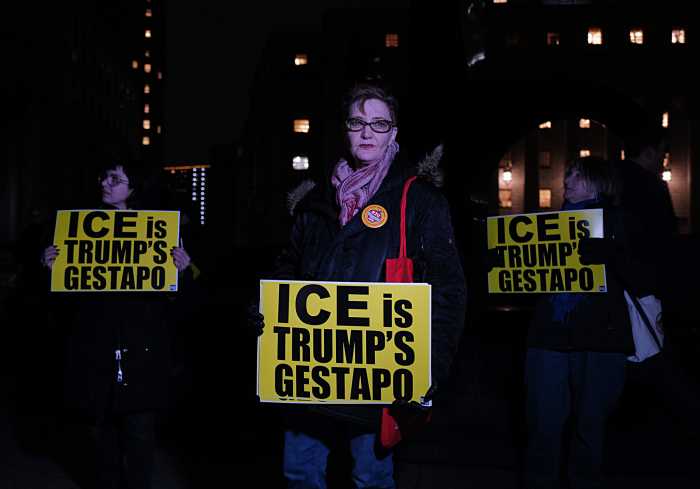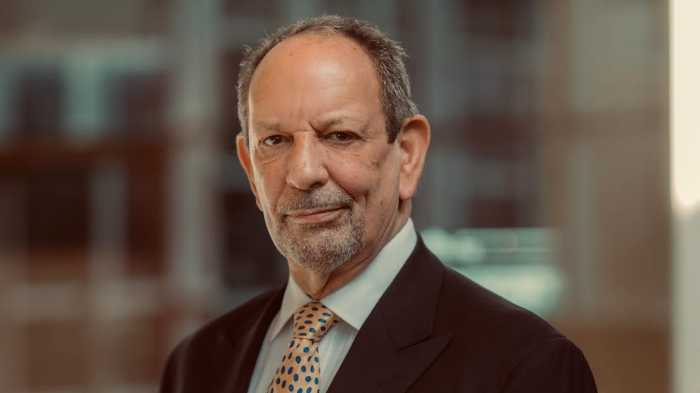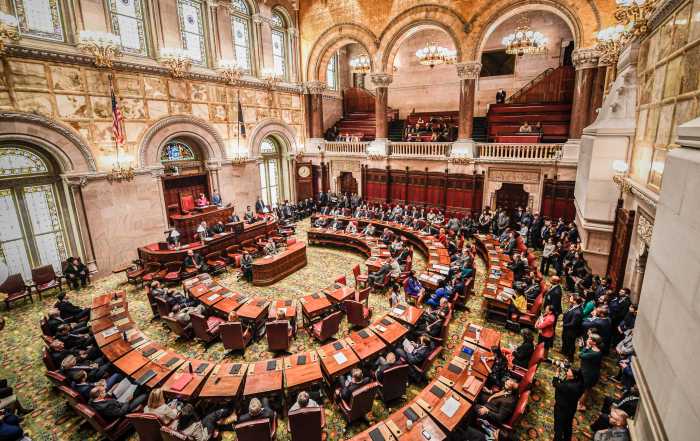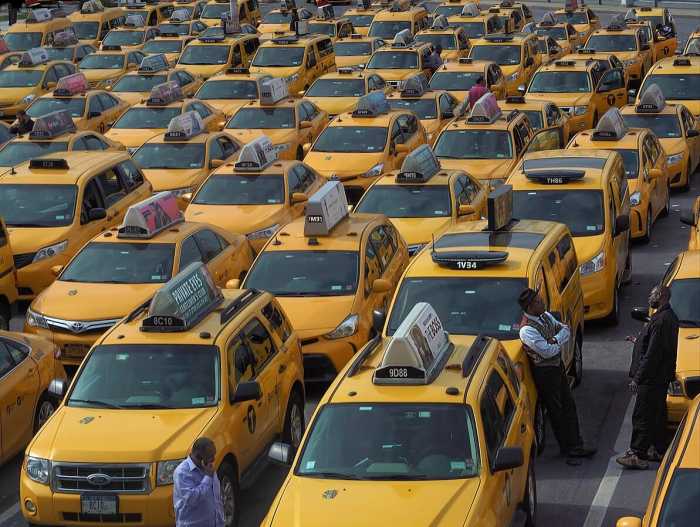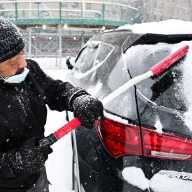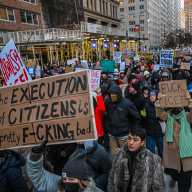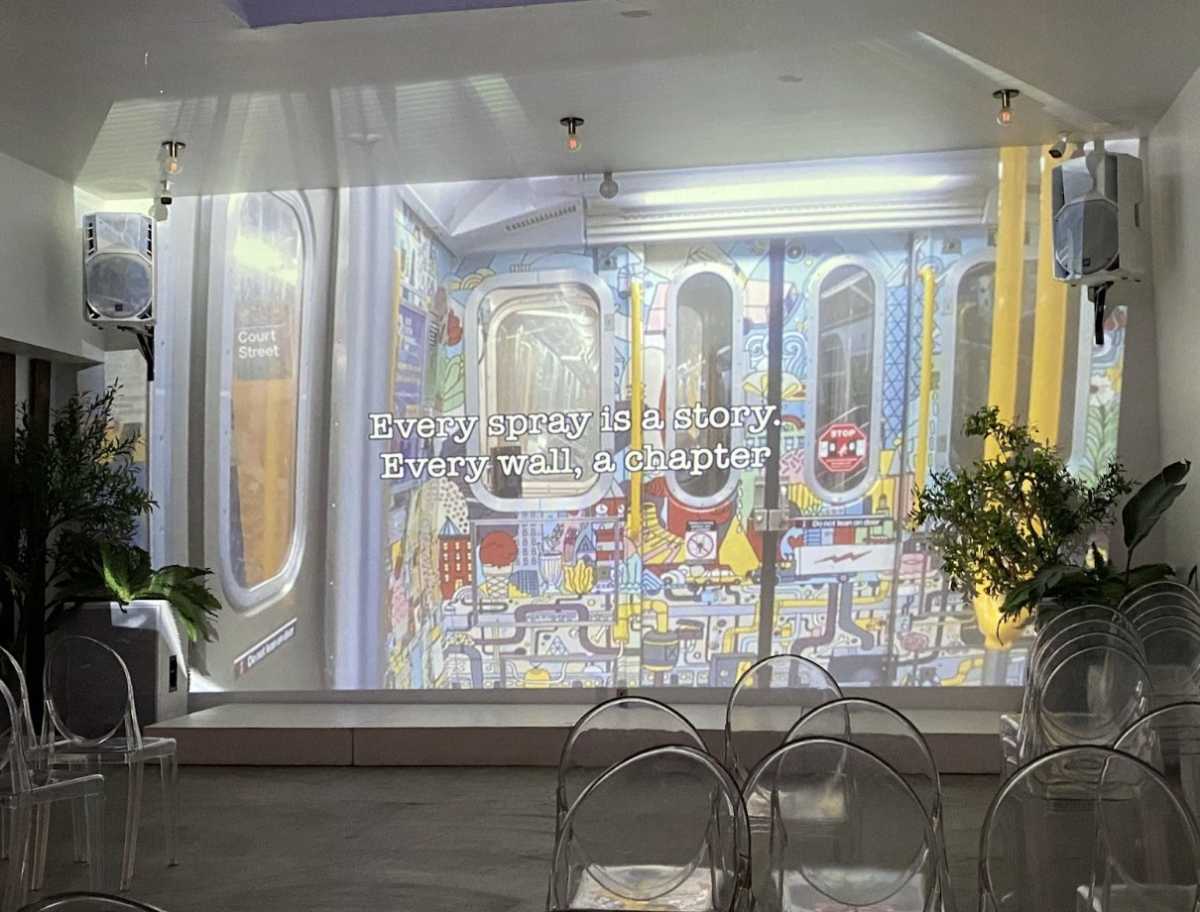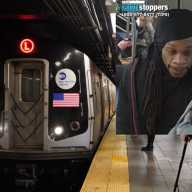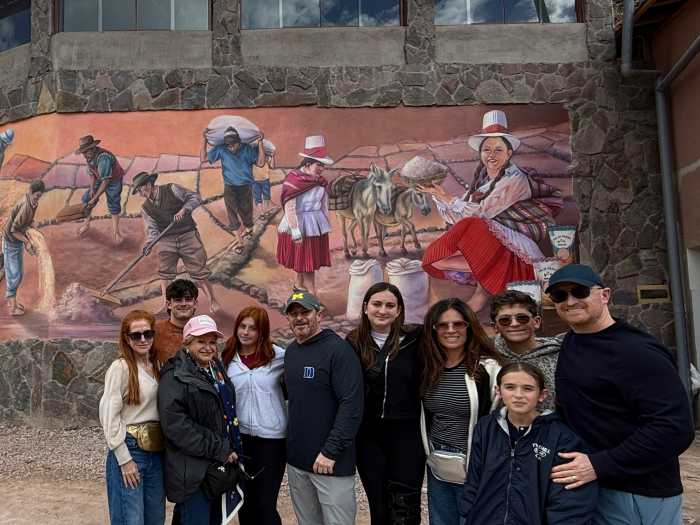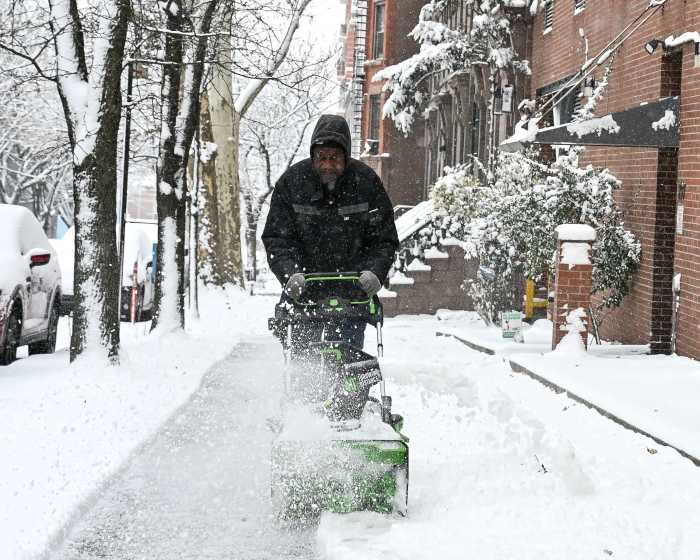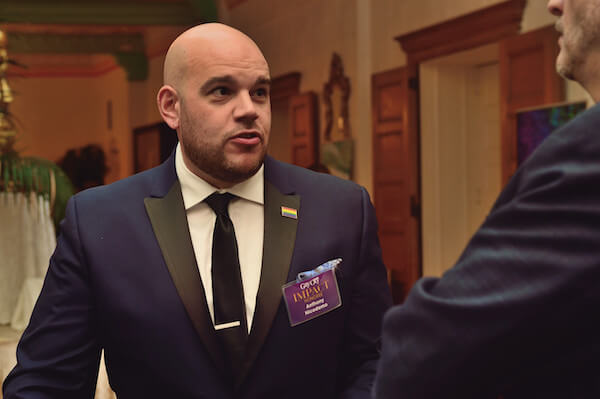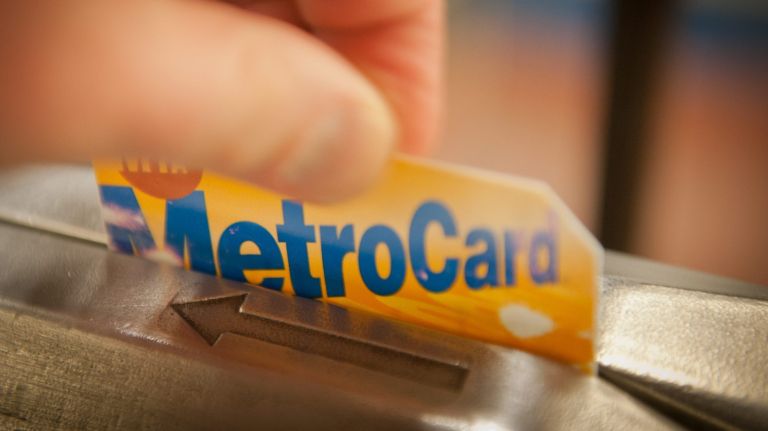
It was all fun and games when then-presidential candidate Rudy Giuliani couldn’t remember the price of milk in 2007.
But New Yorkers could give him a break because milk isn’t really the baseline economic unit in the five boroughs — that, of course, is the MetroCard swipe.
On Wednesday, the Metropolitan Transportation Authority voted to increase the price of those all-important swipes.
The base fare will remain $2.75, but the bonuses you get when you purchase in bulk will drop sharply so riders get less for their money: On a $5.50 purchase, for example, bonuses will drop to 5 percent from 11 percent. In other words, when you put 20 bucks on your MetroCard you get more than $20, but not as much more as you used to. Costs for 7-day and 30-day unlimited passes will increase by $1 and $4.50, respectively.
Unless you’re allergic to rats or exlusively enjoy sitting in a taxi stuck in traffic and never ride the rails, this will modestly increase your costs.
The increases will be much harder on New Yorkers living at or below the poverty line, many of whom rely on either the bonuses or single ride options as opposed to the unlimited cards.
A coalition of advocacy groups has proposed that the city cover the cost to provide half-fare cards to New Yorkers in poverty, and it has corralled support from major unions, four borough presidents, and a majority of the city council to support this Tale of Two Cities-busting idea.
But Mayor Bill de Blasio? He declined to put money for it in the preliminary budget he unveiled this week.
It seems like a home-run issue for a mayor running for re-election in November.
The Riders Alliance and Community Service Society proposal would cost about $200 million annually, which seems reasonable for a program that would help some 800,000 people get to school or work without hardship.
Middle-class New Yorkers get a welcome break on their own MetroCards thanks to de Blasio initiatives encouraging use of pre-tax income to pay for MetroCards, the groups note. But those of less means are left to bear the brunt of the high costs alone. The fare increase will only make that fee more onerous.
The $200 million isn’t a whole lot in the context of the $84.7 billion preliminary budget or the $89.6 billion preliminary 10-year capital plan, both announced on Tuesday.
De Blasio’s budget includes similar amounts devoted to road repavement ($147 million) and improvement of the city’s trash collection fleet ($329 million).
Those are worthy causes but not the sweeping progressive roar for which de Blasio has become stereotyped.
He has called the half-fare MetroCard proposal “noble,” but has said he sees it as the state’s role.
There is a certain amount of sense to this. The MTA is controlled largely by Gov. Andrew Cuomo, not de Blasio. Similar discount MetroCard programs — for students, the disabled, and seniors — are jointly funded between city and state, though there is some disagreement about how much exactly each side owes.
So politically, the mayor might find it easy to play this trump card and avoid the increase to his budget (which, in Donald Trump’s America, may have to be tweaked anyway if federal funding cuts occur). But it’s a shame that a simple, worthy, fairly inexpensive proposal like this might fall through the cracks of state-city internecine feuds.
Representatives for CSS and Riders Alliance say they’ll continue pushing de Blasio to change his mind and put the “fair fare” proposal in a later version of the budget. They’re planning a petition drive leading up to the March 19 commencement of the new fares.
Others have taken matters into their own hands with the “Swipe It Forward” initiative, which takes advantage of the ability to use your unlimited MetroCard, if you have one, to swipe in a fellow New Yorker at the end of your trip. That’s legal, as long as you take no payment.
Helping a fellow rider is a nice gesture for those who can, but no substitute for a well-designed program through which a liberal administration might ensure that the the city’s subway lifeblood continues to churn. Maybe next year.
